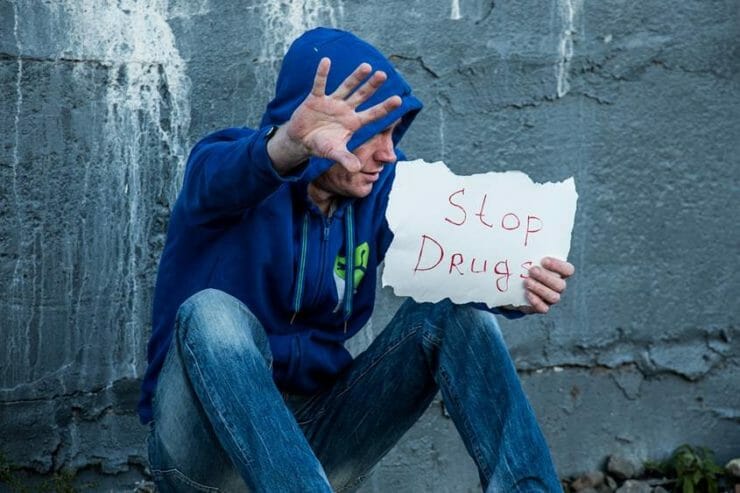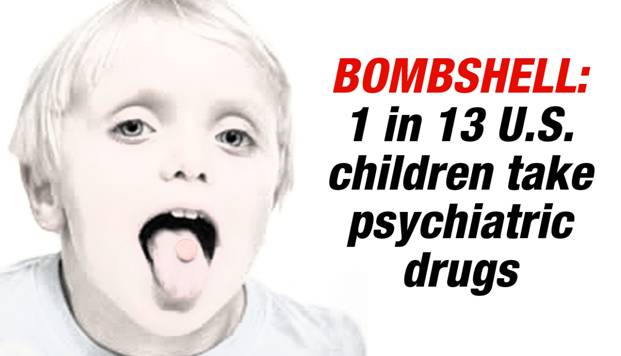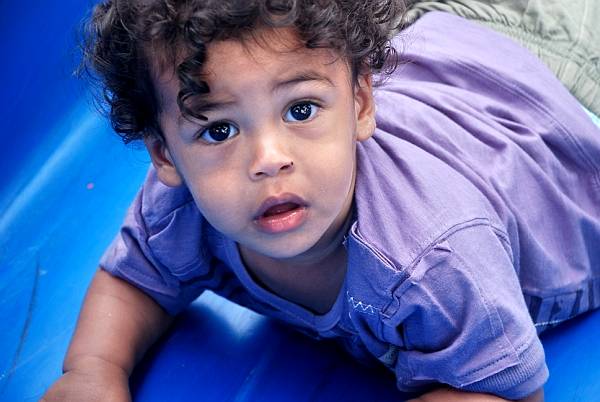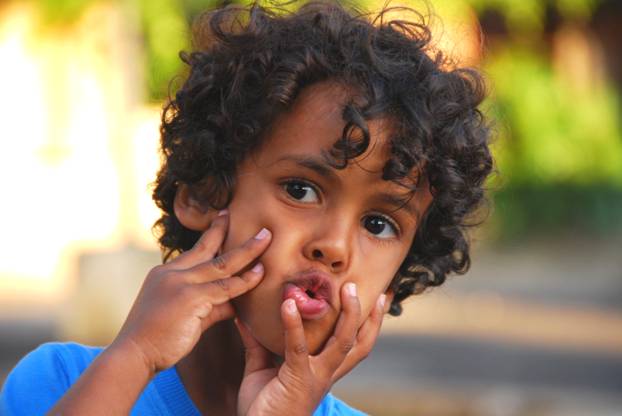
I think most parents are worried their teens might be (or are) using drugs. Those who are not so worried typically used drugs themselves when they were young and keep telling themselves, “I turned out OK, so my child will ‘get it out of the system’ and grow out of it”.
This is nice, but one small mistake will make sure your child will never grow at all.
Every parent of a teen hosting a party at home debates whether or not it is OK for the teen guests to use drugs and what to do about it.
There are some people who give their teens drugs to use in the company of their friends to be perceived “cool”. They say they are using those same drugs themselves and don’t see any harm in doing it.















